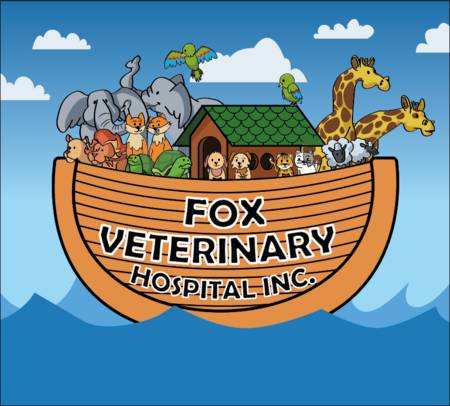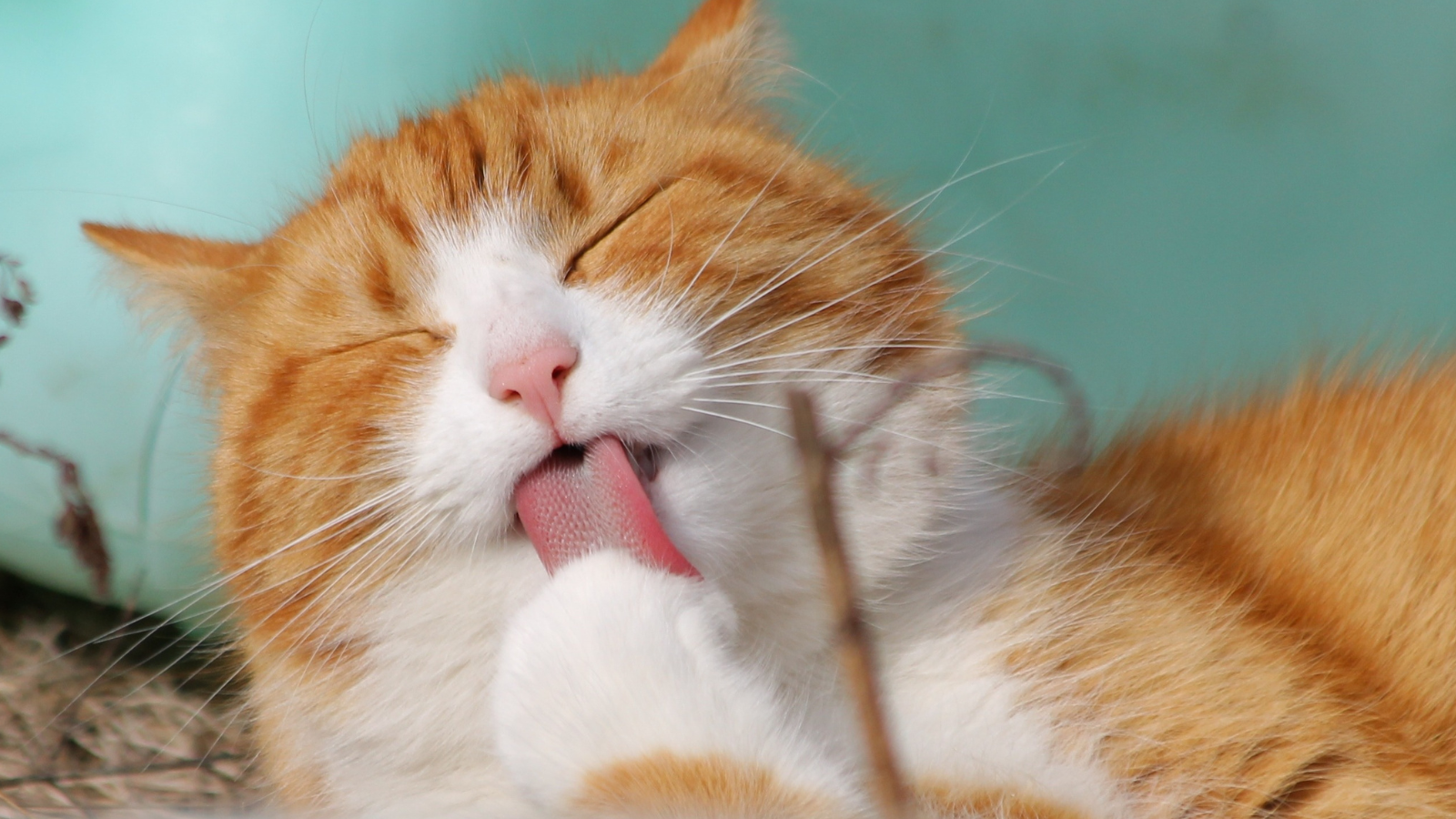When it comes to keeping your pet at a healthy weight, it’s easy to wonder: Should I focus more on what they eat or how much they move? How can I best help my pet lose weight? These are questions we’ve heard at Fox Veterinary Hospital, and with National Pet Obesity Awareness Day in October, there’s no better time to tackle the answer. Let’s explore how diet and exercise can affect your pet’s weight.
How Does Diet Affect My Pet’s Weight?
Think of diet as the foundation of your pet’s overall health. No matter how active your pet is, poor dietary habits can quickly derail weight management efforts.
- Calories In > Calories Out: Overeating on a daily basis adds up over time.
- Quality Matters: Not all pet foods are created equal. Fillers, hidden ingredients, and low-quality pet foods can lead to weight gain versus more healthy options.
- Treats Add Up: Many pet owners underestimate the impact of treats. A few extras a day, whether they be pet-specific or human food, could account for excess in calorie intake.
Controlling portions and choosing nutrient-dense, species-appropriate food is necessary for your pet to maintain a healthy weight.
How Does Exercise Affect My Pet’s Weight?
Exercise burns calories and maintains muscle mass for pets, not to mention it can also keep them mentally stimulated. Here are some ways to keep pets active:
- Daily walks for dogs (or even cats, with the right harness!)
- Interactive toys or puzzles
- Fetch, tug-of-war, or agility play in the yard or park
- Climbing structures or toys for indoor cats
All cats and dogs should be engaged regularly in physical activity for their overall body health.
So, Which Matters for My Pet’s Weight Loss?
While both play an important role, diet has a greater impact on your pet’s weight. Exercise supports the process, but without managing calories and nutrition, it’s difficult to make lasting progress. That being said, cats and dogs should be eating healthy and exercising as a part of reaching (or maintaining) a healthy weight.
Diet will change over the course of your pet’s life. During routine wellness exams, talk to your veterinarian about your pet’s diet. They can advise on how often to feed your pet and even healthier treat options. Feel free to bring your pet’s food labels to the check-up for a professional opinion.
Worried that your pet is overweight?
You’re not alone. In one 2024 survey from the Association for Pet Obesity Prevention, 33% of cat owners and 35% of dog owners reported their pets as overweight or obese. Weight loss is possible for pets, and your veterinarian can help. Contact your veterinary facility to set up a weight management appointment. The vet will evaluate your pet and put together a safe weight loss plan with diet and exercise recommendations. It’s best to get an opinion from a vet before trying to figure out a pet weight loss plan yourself, as changing your pet’s diet without guidance can do more harm than good.
Nutrition and Weight Guidance for Pets in Elyria, OH
Together, diet and exercise form a powerful duo to keep your pet healthy and active. This October, in honor of National Pet Obesity Awareness Day, take the first step toward better health with a plan built just for your pet. Fox Veterinary Hospital has veterinary weight management consultations in Elyria for cats and dogs from North Ridgeville, Grafton, Elyria, and neighboring Ohio areas. If you want expert guidance on your pet’s nutrition and fitness, schedule a consultation at our veterinary hospital.


